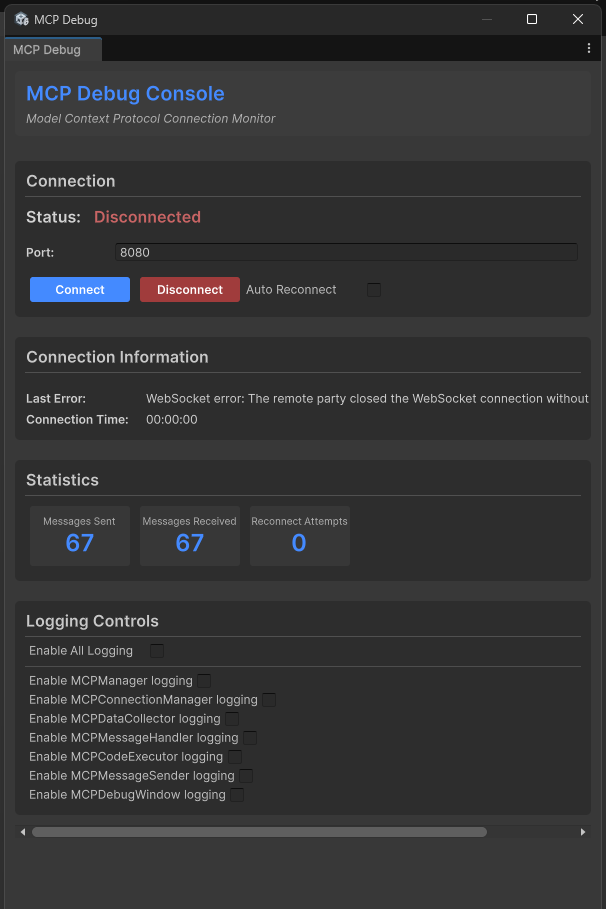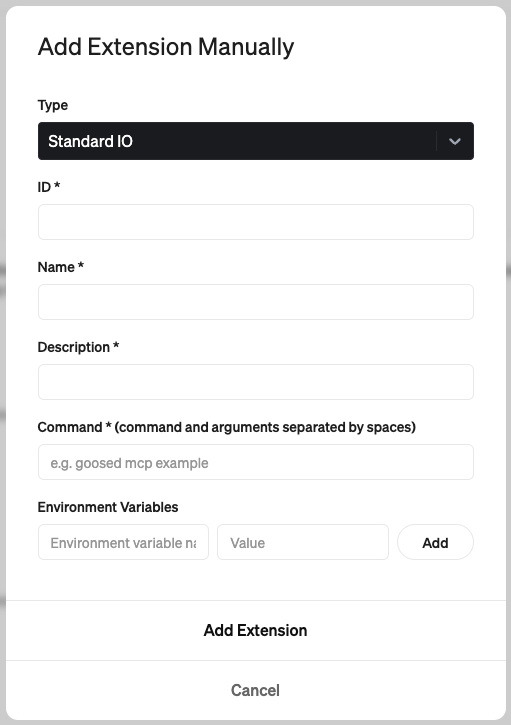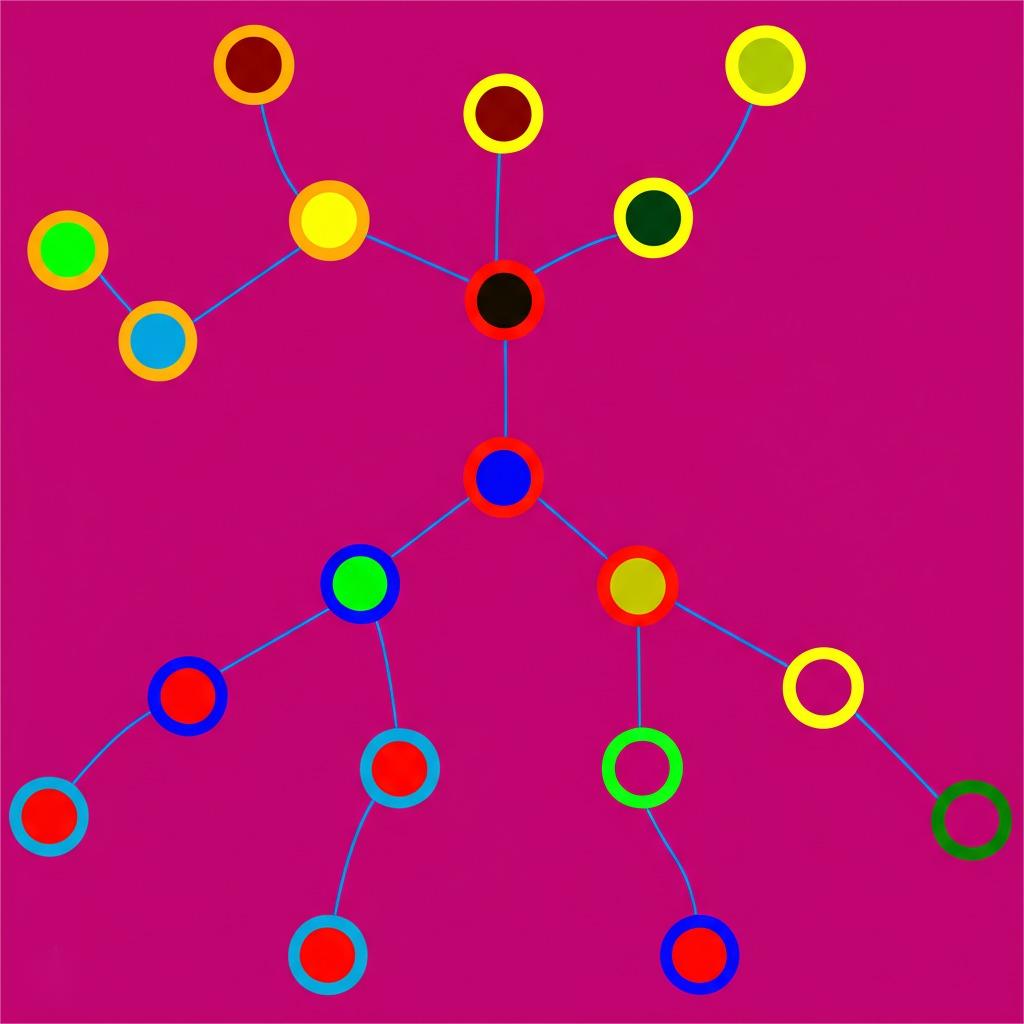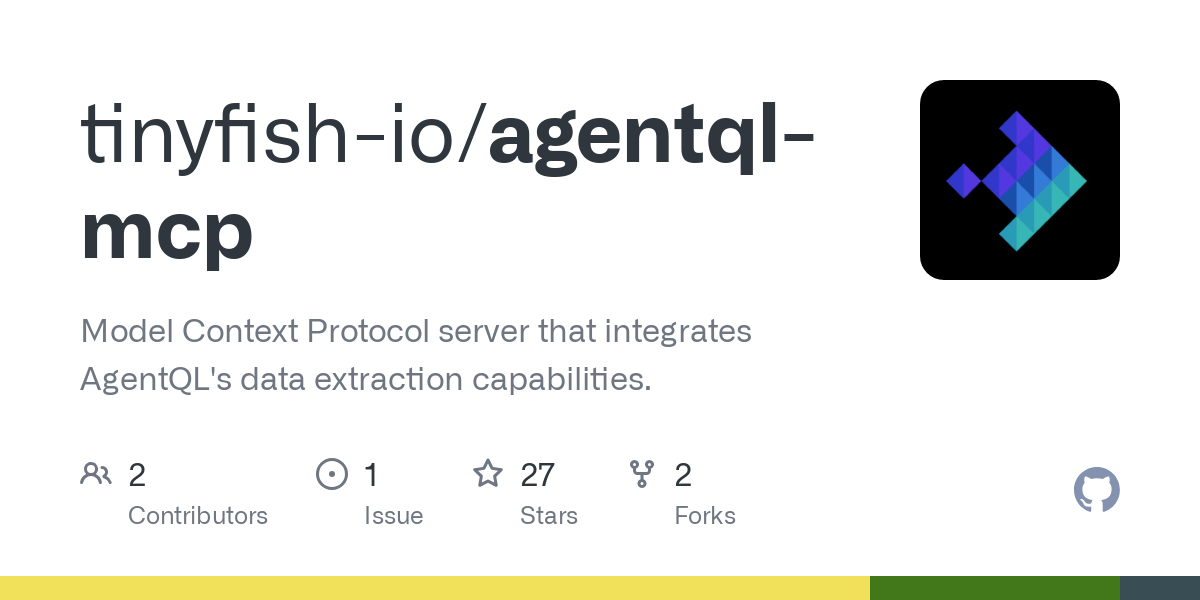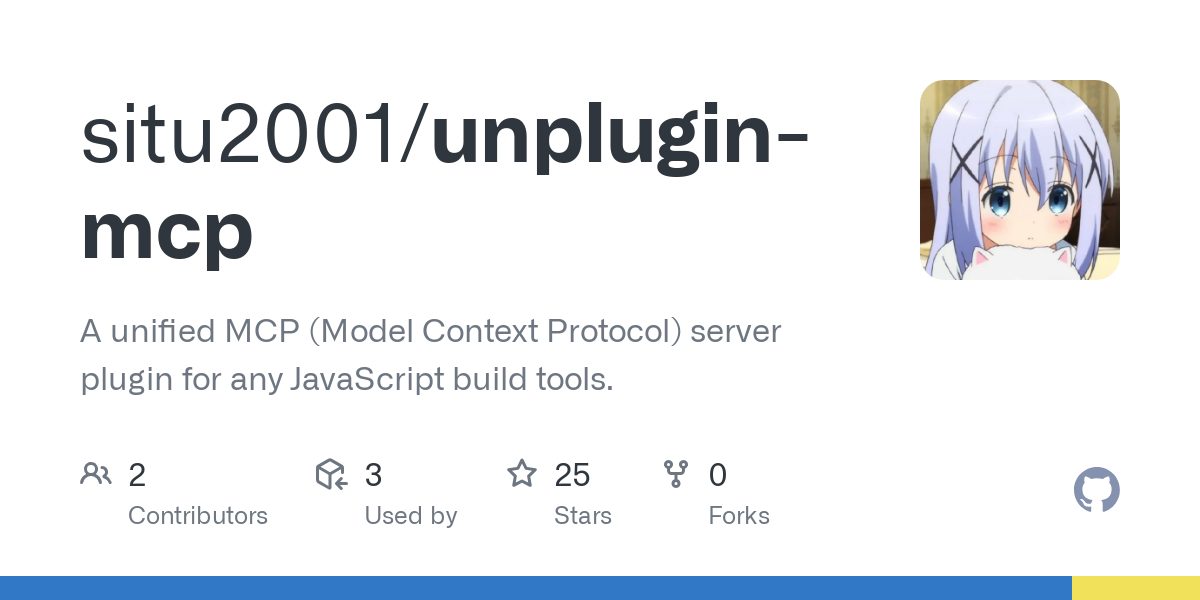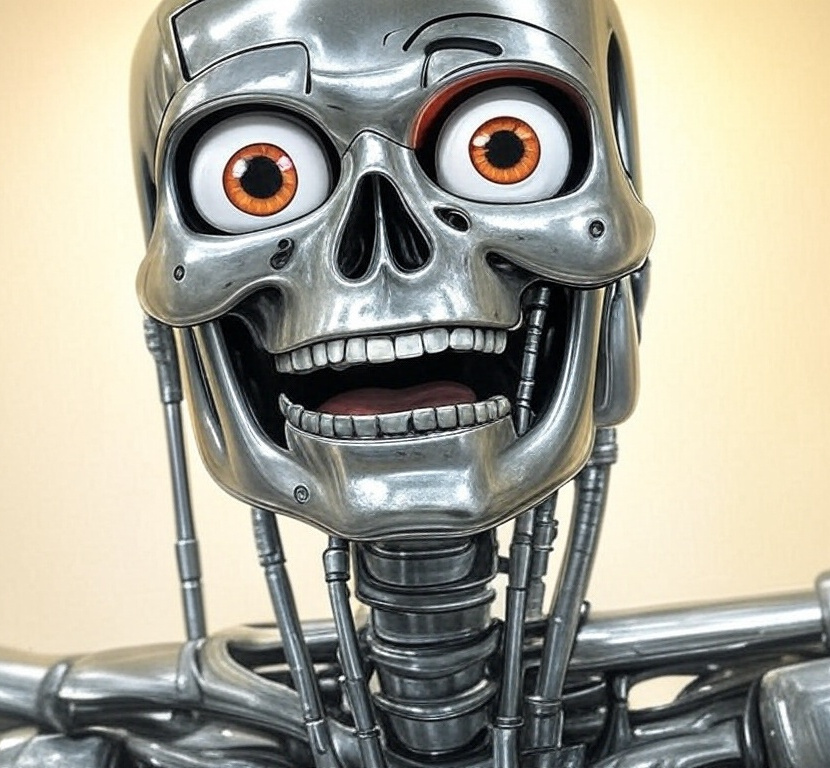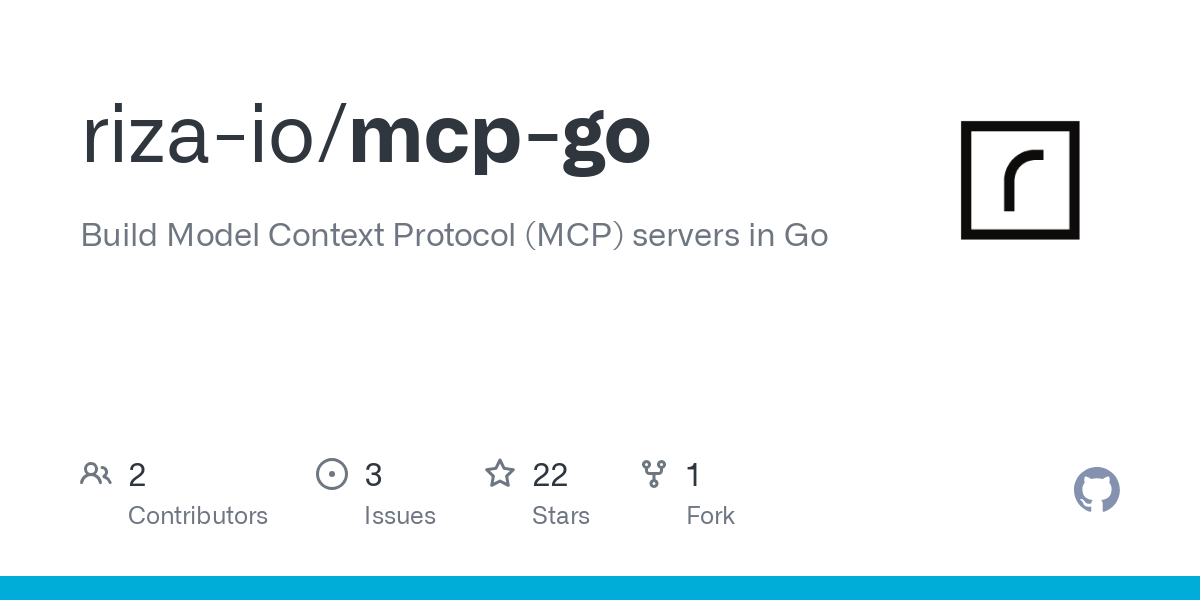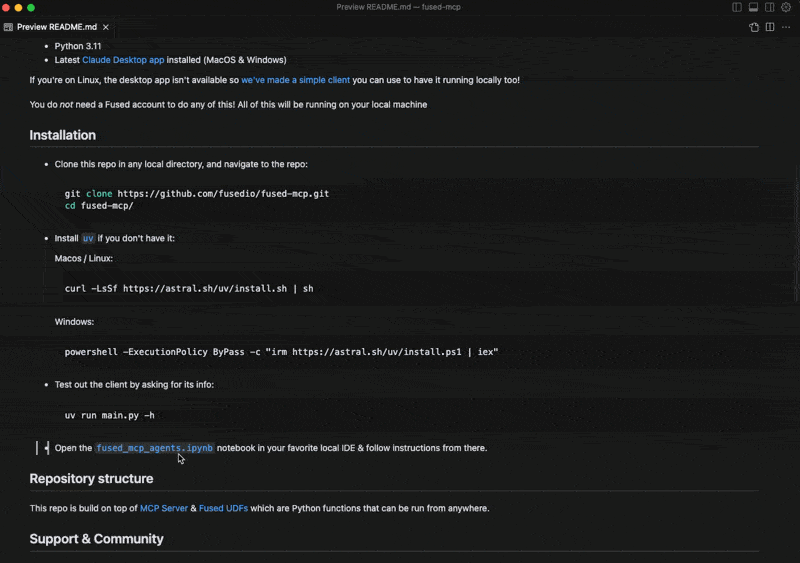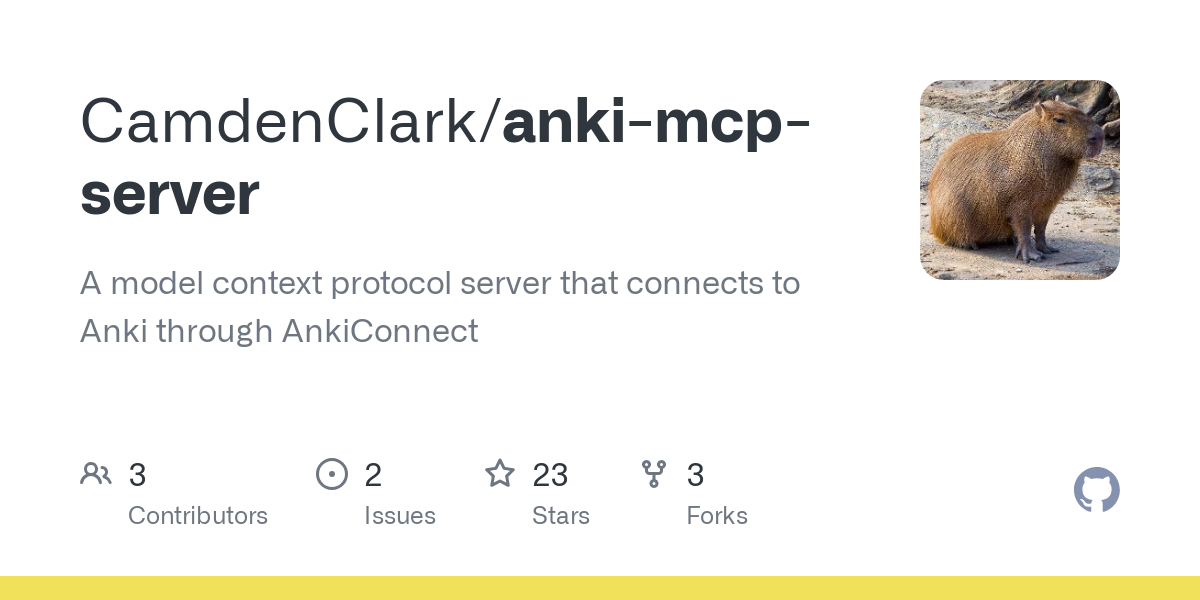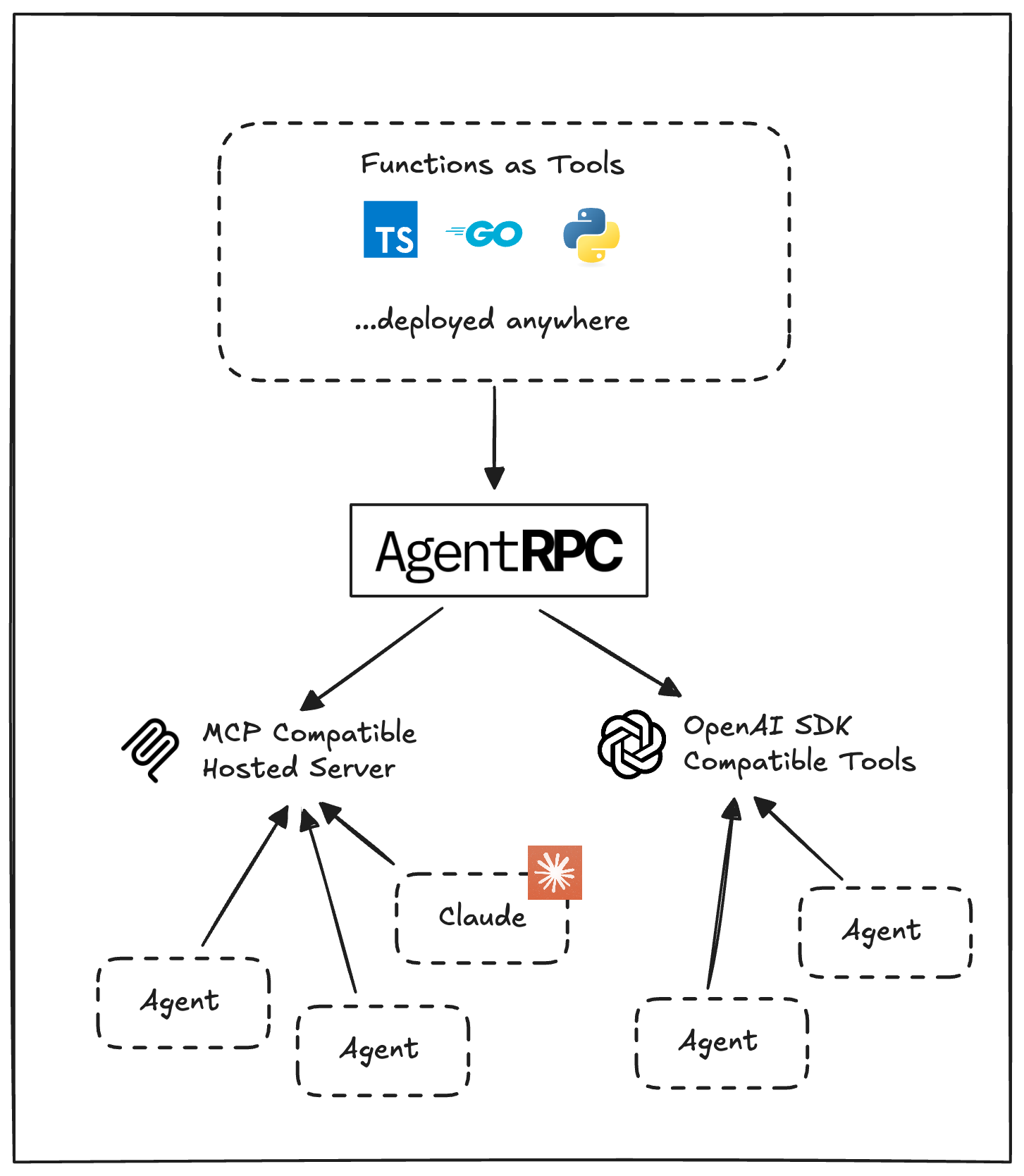All MCP Servers Complete list of MCP server implementations, sorted by stars
This project provides seamless integration between the Model Context Protocol (MCP) and Unity Editor, allowing AI assistants to understand and interact with Unity projects. It enables AI agents to access scene hierarchy, project settings, execute code, and monitor logs directly within the Unity Editor. The integration consists of a Unity plugin and an MCP server, communicating via WebSocket to facilitate real-time interaction and control.
The VSCode MCP Server, along with its companion VSCode Extension, allows AI agents and assistants such as Claude and Goose to interact with Visual Studio Code. It provides tools for opening files, creating diffs, checking extension status, and managing projects, facilitating seamless integration of AI capabilities into the VSCode environment.
This MCP server provides a tool for converting Markdown content into interactive mindmaps using the `markmap-cli` library. It supports integration with MCP clients like Claude Desktop, offering options to return either HTML content or file paths for offline use. The server can be installed via pip, uvx, or Docker, and includes features like toolbar customization and token-saving file generation.
The AgentQL MCP Server is a Model Context Protocol (MCP) implementation designed to integrate AgentQL's advanced data extraction capabilities. It allows users to extract structured data from web pages using prompts, enabling seamless integration with tools like Claude, Cursor, and Windsurf. This server is particularly useful for developers and AI agents requiring web scraping and data extraction functionalities.
This plugin provides a unified MCP (Model Context Protocol) server that integrates with multiple JavaScript build tools, including Rollup, Vite, and Webpack. It allows AI assistants to understand and interact with your codebase and build process, offering features like bi-directional AI integration, built-in tools for analyzing dependencies, and extensible custom tool frameworks. The server remains persistent in watch mode, enabling continuous AI interaction.
This Minecraft MCP server leverages the Mineflayer API to allow AI assistants, such as Claude, to control a Minecraft character in real-time. It supports building structures, exploring the world, and interacting with the game environment through natural language instructions. The server integrates with the Model Context Protocol (MCP) to enable seamless control and interaction, making it a powerful tool for AI-driven gameplay.
This plugin provides a unified Model Context Protocol (MCP) server and tools for JavaScript build tools such as Rollup, Vite, and Webpack. It enables AI assistants to understand and interact with your codebase and build process, offering features like module dependency analysis, build configuration inspection, and error debugging. The plugin supports persistent server operation and standard transport layers like HTTP and SSE for broad compatibility.
This project provides a web-based graphical interface for interacting with AI models, supporting multiple bot configurations and MCP (Model Context Protocol) servers. It features a responsive design, secure authentication, and real-time updates, with chat data stored in Cloudflare KV/R2 for easy access and synchronization. The application is built using React, TypeScript, and Cloudflare Workers, offering a seamless and interactive AI chat experience.
The MCP Tool Chainer Server is designed to chain multiple MCP tools in sequence, allowing the results of one tool to be passed as input to the next. This approach minimizes token usage and simplifies complex workflows by creating data processing pipelines with a single tool call. It supports JsonPath for precise data extraction and integrates seamlessly with tools like Claude Desktop and Cursor.
Vibe-Eyes is an MCP server designed to help LLMs 'see' and debug browser-based games and applications. It captures canvas snapshots and debug information from the browser, vectorizes the images into compact SVGs, and makes the data available to LLMs via the Model Context Protocol (MCP). This enables real-time debugging assistance, visual context, and correlation between visual and code issues, enhancing the 'vibe coding' experience for developers working with LLMs.
This Go SDK implements the Model Context Protocol (MCP), enabling the creation of MCP servers and clients. It provides tools for integrating with LLM surfaces, handling protocol messages, and managing lifecycle events. The SDK supports standard transports like stdio and SSE, making it versatile for various use cases.
This repository provides a step-by-step workflow to set up MCP Servers for Claude's Desktop App, enabling data scientists to execute Python code and integrate with APIs. Built on Fused User Defined Functions (UDFs), it simplifies the process of connecting Claude to external tools and services. The repo includes notebooks for getting started and creating custom agents.
This MCP server is designed to integrate with Anki through the AnkiConnect plugin, providing tools for managing Anki decks and notes. It supports listing decks and note models, creating and managing notes, and integrates seamlessly with the AnkiConnect API. The server is built in TypeScript and demonstrates core MCP concepts, offering JSON representations of Anki objects and URI-based access to resources.
AgentRPC provides a universal RPC layer for AI agents, allowing seamless integration with functions across different languages, frameworks, and network boundaries. It supports private VPCs, Kubernetes clusters, and multi-cloud environments, offering features like multi-language support, private network integration, long-running functions, and full observability. The platform includes an optional MCP server for compatibility with external AI models.
